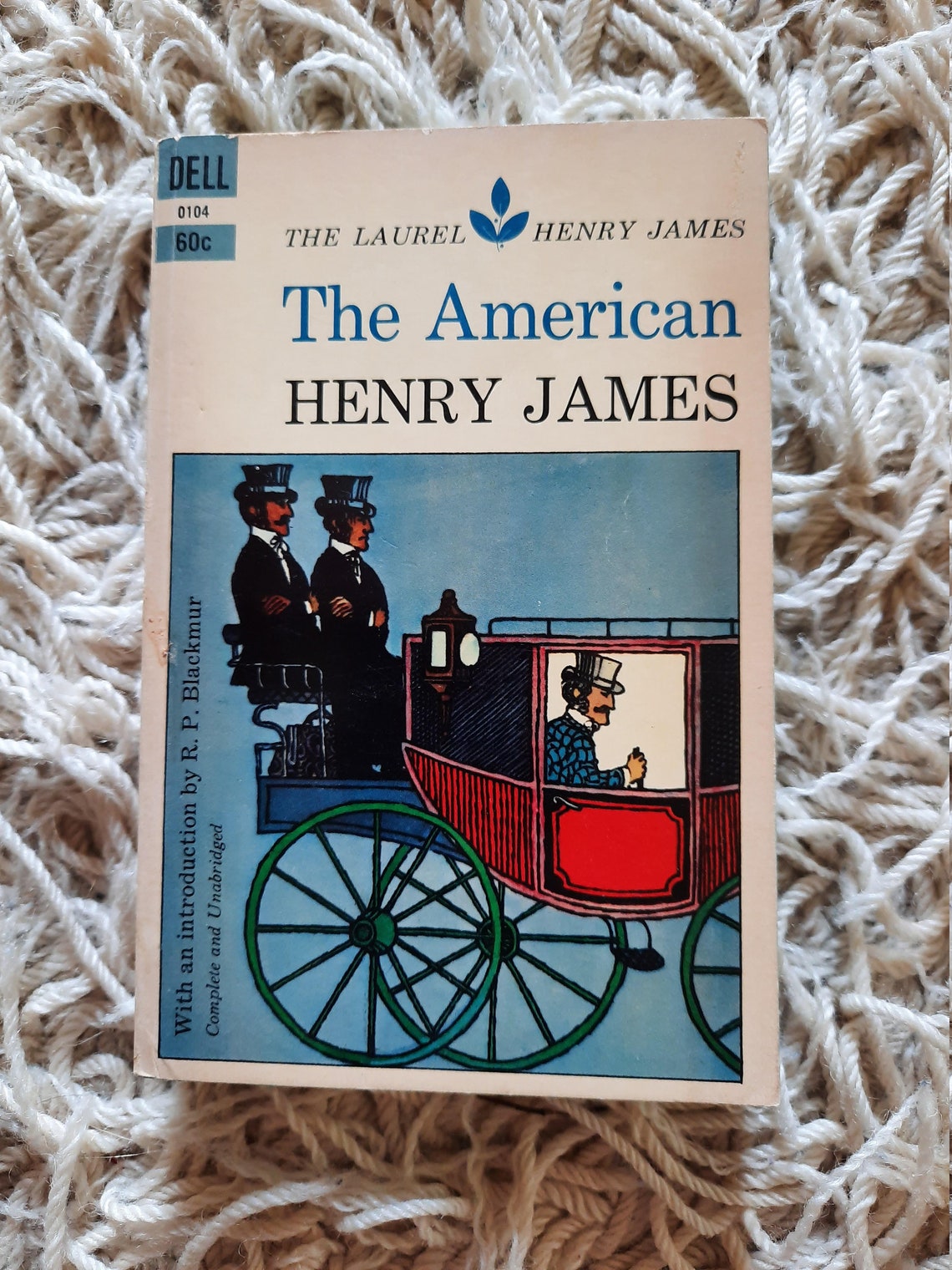
The relationship of all the speakers, and indeed of the audience, to Baldwin's work remains intense. Was the colour of his skin more important than his sexuality? Was his religious upbringing more important than his reading of the American masters? Were his sadness and anger more important than his love of laughter, his delight in the world? Did his prose style, as the novelist Russell Banks claimed that evening, take its bearings from Emerson, or was it, as the writer Hilton Als put it, "a high-faggot style", or did it originate, as John Edgar Wideman claimed, from a mixture of the King James Bible and African American speech? Was it full of the clarity, eloquence and intelligence that Chinua Achebe suggested? And was Baldwin's involvement with the Civil Rights Movement a cautionary tale for other writers, as Hilton Als insisted, or one of the things we should most admire him for, as Amiri Baraka argued? Is his best book the book that hasn't yet appeared - a volume of his letters - as Hilton Als proposed? Are his essays his finest work, as many now believe? Are his early novels his enduring legacy, books which "blew my mind", as Chinua Achebe said that evening? It is hard to decide what part of him came first. He was the most eloquent man in the America of his time. He was also a deeply gregarious and social being. He also loved the bohemian world of Greenwich Village and Paris.

He was steeped in the world of his Harlem childhood.

He was also an agitator and a propagandist, political and engaged. He was, for some of his life, a pure artist, using Jamesian techniques and cadences. And what it tells us about Baldwin has to do with his contradictions, the large set of opposites which made up his personality.

The speeches made it clear that James Baldwin's legacy is both powerful and fluid, allowing it to fit whatever category each reader requires, allowing it to influence each reader in a way that tells us as much about the reader as it does about Baldwin.


 0 kommentar(er)
0 kommentar(er)
